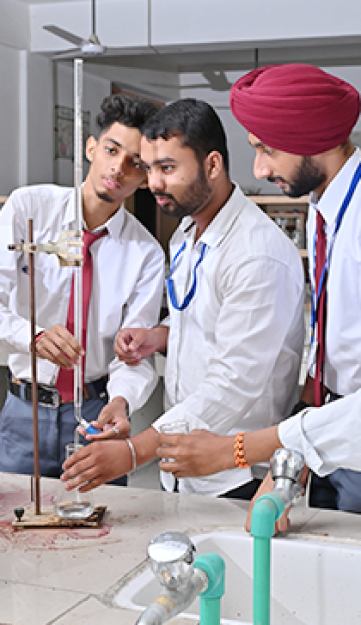HOD Message
Welcome to the Civil Engineering Discipline
Civil engineering, one of the oldest engineering fields, focuses on the design, construction, and maintenance of infrastructure such as roads, bridges, and buildings. Its historical achievements include the Great Wall of China, Roman aqueducts, and India’s Bhakra Nangal Dam—highlighting the critical role of civil engineers as the “builders of nations.”
Civil engineers play a crucial role in both government and private sectors, working on major projects like metro systems, highways, and industrial structures. With ongoing technological advancements and environmental challenges, the coming decade promises to be a dynamic period for the profession.
Our Department of Civil Engineering combines experienced faculty with strong industry connections, offering opportunities for students to engage in consultancy activities and participate in extracurriculars that enhance teamwork and leadership skills.
Er Ankit Sharma
















